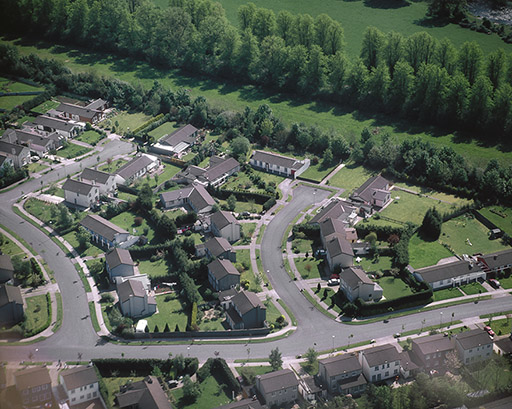2 Thinking about development
What is development? Development involves changing a situation. This is not as straightforward as it sounds since change is perceived and experienced very differently by different people. A given change can be considered to be for better or for worse. Think of a housing development. Some will see this in a very positive light, providing homes and facilities for human occupation and bringing new life into a town or village. Others will be unhappy with the increased urbanisation of their locality and increases in human activity and traffic. The development may involve loss of natural habitat or of farming land, but local businesses and schools may benefit from the increased demand for their services. There are many dimensions to such change, no matter where it occurs.

The housing development is an example of an intentional planned development intervention happening at a local or national level. Such interventions are also undertaken at the international level.
International development is a term that emerged in the twentieth century to describe interventions undertaken by ‘rich’, ‘developed’ countries, primarily in Europe and North America, in ‘poor’, ‘developing’ countries, predominantly in Africa, Asia, the Caribbean, and Central and Southern America. They aim to address big complex issues such as poverty, lack of access to health facilities and education, and food insecurity, all issues that are linked to global economies and political systems. An underlying assumption of such interventions, based on the experiences of ‘developed’ countries, is that progress and prosperity for all is linked to economic growth, technical innovation and industrialisation.
Activity 1: What does development mean to you?
When you hear the word ‘development’, what image or idea comes to mind? Think about your experiences of development or change at a personal or professional level. Was the development a planned intervention? Can you think of any unplanned outcomes?
As you will read in the following sections, there is an increasing consensus that the term international development is unhelpful and that thinking in terms of global development better captures the nature and needs of the twenty-first century.
